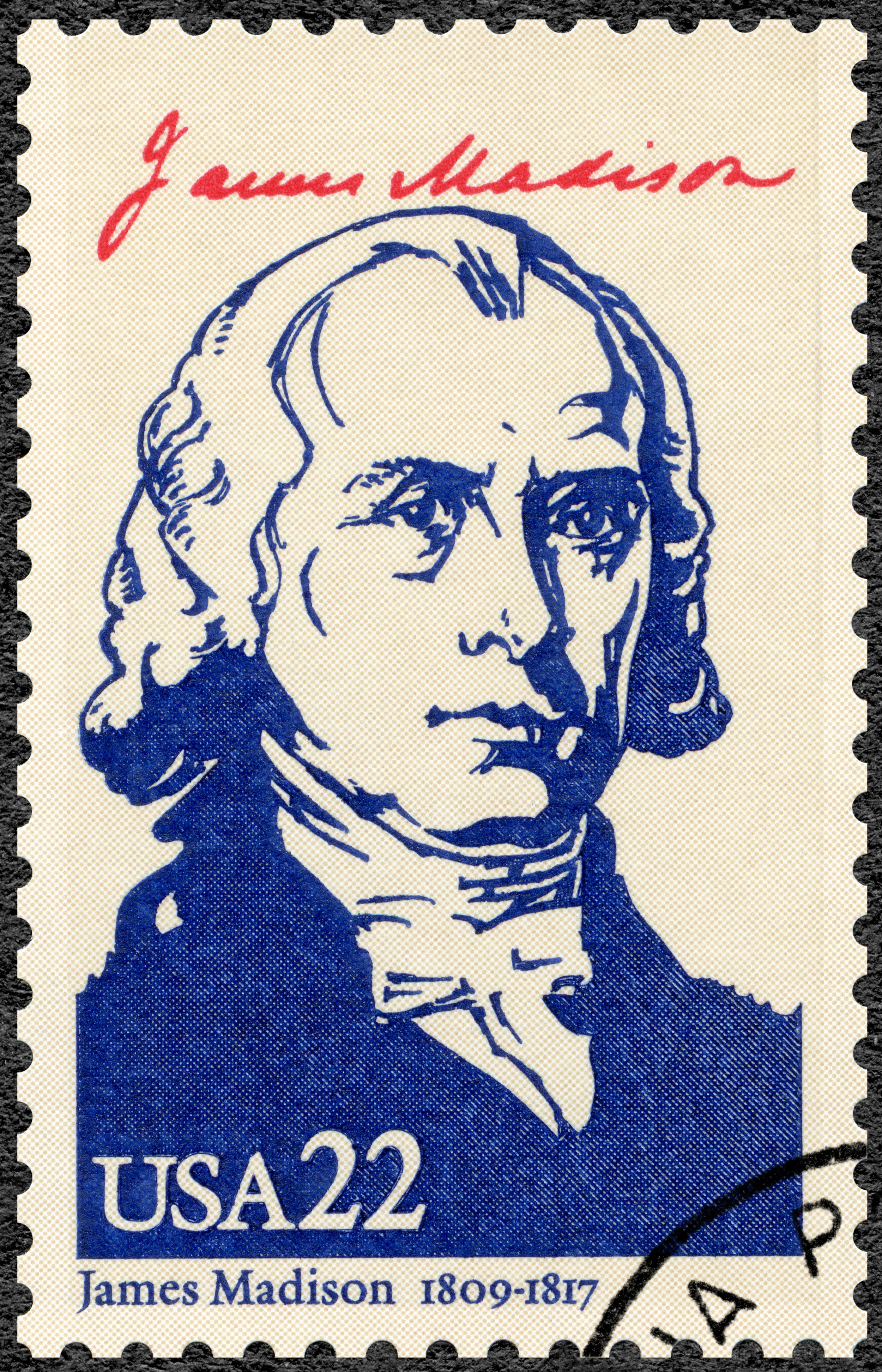Nothing refreshes confidence in America's future more than a visit to the past times when the founders of our great experiment thought hard about the republic they were inventing. In Jack Rakove's great "Revolutionaries: A New History of the Invention of America" (2010), at page 359-365, we read about James Madison's 14-page memorandum of 1787, The Vices of the Political System of the United States."
Madison's great insight, Rakove writes, was to realize that "smaller republics were more likely to enact unjust laws than larger ones were." P. 361. Foreshadowing the behavioral science of our era, Madison understood that most people were guided by their cultural perspective -- the web of beliefs and values shared by their community, or as we might say now, their social network. Montesquieu had championed the idea that small communities with a common culture ideally supported republics. Madison said the problem in those communities was that, in the words of his memo, "Whenever therefore an apparent interest or common passion united a majority, what is to restrain them from unjust violations of the rights and interests of the minority, or of individuals?"
Trusting in the reasoning and altruistic motives of the majority in this supposedly ideal small republic was contrary to the learned experience of Madison and, today, anyone who has gone to a big high school.
Madison came up the solution: "enlargement of the sphere" -- meaning create a larger, national republic founded on a direct relationship to the people, as opposed to states. This large republic, in Rakove's words, p. 362, "would embrace a greater array of interests, in which the 'requisite combinations' [prone to trample on the rights of individuals] would prove far more difficult to form than in the smaller compass of the states."
This memo foreshadowed the core arguments Madison made in the Constitutional Convention and especially in his famous Federalist paper number 10.
Madison would be shocked, if not horrified, by the current presidential system. Applying his "enlargement" point, he would have said that the states should not have chosen to award all electors to the winner of the plurality of the votes, because that method grants more power to the majority in a state. Especially in a small state a relatively small number of people can compose a plurality and thus exercise unjustifiable, dangerous influence over the choice of the president. If the state is a "battleground" state, the danger is even greater. If a small community of like-minded voters, albeit constituting a plurality in a state, can pick the president, that president may please the supporters by engaging in "unjust violations of the rights and interests" or the minority in that state. Worse, the incentive exists for the president chosen by a plurality of a small group to violate the rights of individuals in all states, save those of the plurality in the so-called "swing states."

